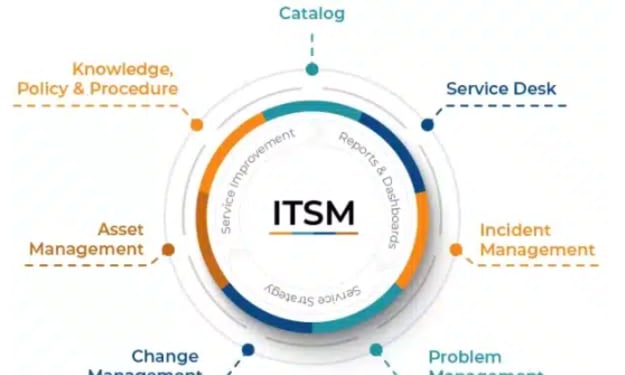The Essential Role of Cloud Migration Services
Cloud migration services

The advent of cloud computing has revolutionized the way businesses operate, enabling them to harness the power of scalable and flexible IT resources. Cloud migration services have emerged as a key facilitator in this transformative journey, helping organizations seamlessly transition their operations to the cloud. This article explores the significance of cloud migration services, the benefits they offer, and the considerations organizations must keep in mind when embarking on this crucial journey.
Understanding Cloud Migration Services:
Definition and Purpose:
Cloud migration services involve the process of moving applications, data, and IT resources from on-premises infrastructure or legacy systems to cloud environments. The primary goal is to leverage the advantages of cloud computing, including scalability, cost-efficiency, and accessibility.
Types of Cloud Migration:
Cloud migration is not a one-size-fits-all approach. Organizations can choose from different types of cloud migration based on their specific needs:
Rehosting (Lift and Shift): Moving applications to the cloud without making significant changes.
Replatforming (Lift, Tinker, and Shift): Making minor adjustments to applications for better compatibility with the cloud environment.
Refactoring (Re-architecting): Restructuring applications to fully optimize cloud-native features.

Benefits of Cloud Migration Services:
Scalability and Flexibility:
Cloud migration allows organizations to scale their IT resources up or down based on demand. This flexibility ensures that businesses can adapt to changing requirements without the need for extensive infrastructure investments.
Cost-Efficiency:
Cloud services operate on a pay-as-you-go model, reducing the need for large upfront investments in hardware and maintenance. This cost-efficiency is a significant advantage for organizations looking to optimize their IT spending.
Enhanced Security and Compliance:
Cloud service providers invest heavily in security measures, offering robust protection for data and applications. Cloud migration services help organizations align with industry-specific compliance standards, ensuring data integrity and regulatory adherence.
Improved Collaboration and Accessibility:
Cloud-based solutions facilitate seamless collaboration among teams, enabling access to data and applications from any location. This accessibility enhances productivity and supports remote work environments.
Considerations for Cloud Migration:
Assessment and Planning:
A thorough assessment of existing infrastructure and applications is crucial before initiating the migration process. Planning involves defining goals, selecting the appropriate cloud model (public, private, or hybrid), and establishing a timeline.
Data Migration and Integration:
Efficient data migration is a critical aspect of cloud migration services. Ensuring a smooth transition of data while maintaining integrity is essential. Integration with existing systems and applications must also be carefully managed.
Security Measures:
Security considerations should be at the forefront of the migration strategy. This includes implementing encryption, access controls, and identity management to safeguard sensitive information.
Performance Monitoring and Optimization:
Continuous monitoring of performance metrics post-migration is essential. This allows organizations to identify potential bottlenecks, optimize resource utilization, and ensure the ongoing efficiency of cloud-based operations.
Key Features of Cloud Migration Services:
Scalability: Cloud migration allows organizations to scale their computing resources dynamically. This flexibility ensures that businesses can meet changing demands without the need for significant upfront investments in hardware.
Cost-Efficiency: Cloud services operate on a pay-as-you-go model, eliminating the need for large capital expenditures on infrastructure. This cost-effective approach allows organizations to optimize their IT spending and allocate resources more efficiently.
Accessibility and Collaboration: Cloud-based solutions enable easy access to data and applications from any location. This accessibility fosters collaboration among teams, supporting remote work and enhancing overall productivity.
Security Measures: Cloud migration services often come with robust security measures provided by cloud service providers. Encryption, access controls, and identity management are implemented to safeguard data and applications in the cloud.
Conclusion:
Cloud migration services are a gateway to unlocking the full potential of cloud computing for businesses. Whether aiming for increased scalability, cost savings, or enhanced security, organizations can leverage these services to navigate the complexities of cloud adoption successfully. As the digital landscape continues to evolve, embracing cloud migration becomes not just a strategy for growth but a necessity for staying competitive in today's dynamic business environment.
About the Creator
Enjoyed the story? Support the Creator.
Subscribe for free to receive all their stories in your feed. You could also pledge your support or give them a one-off tip, letting them know you appreciate their work.





Comments
There are no comments for this story
Be the first to respond and start the conversation.